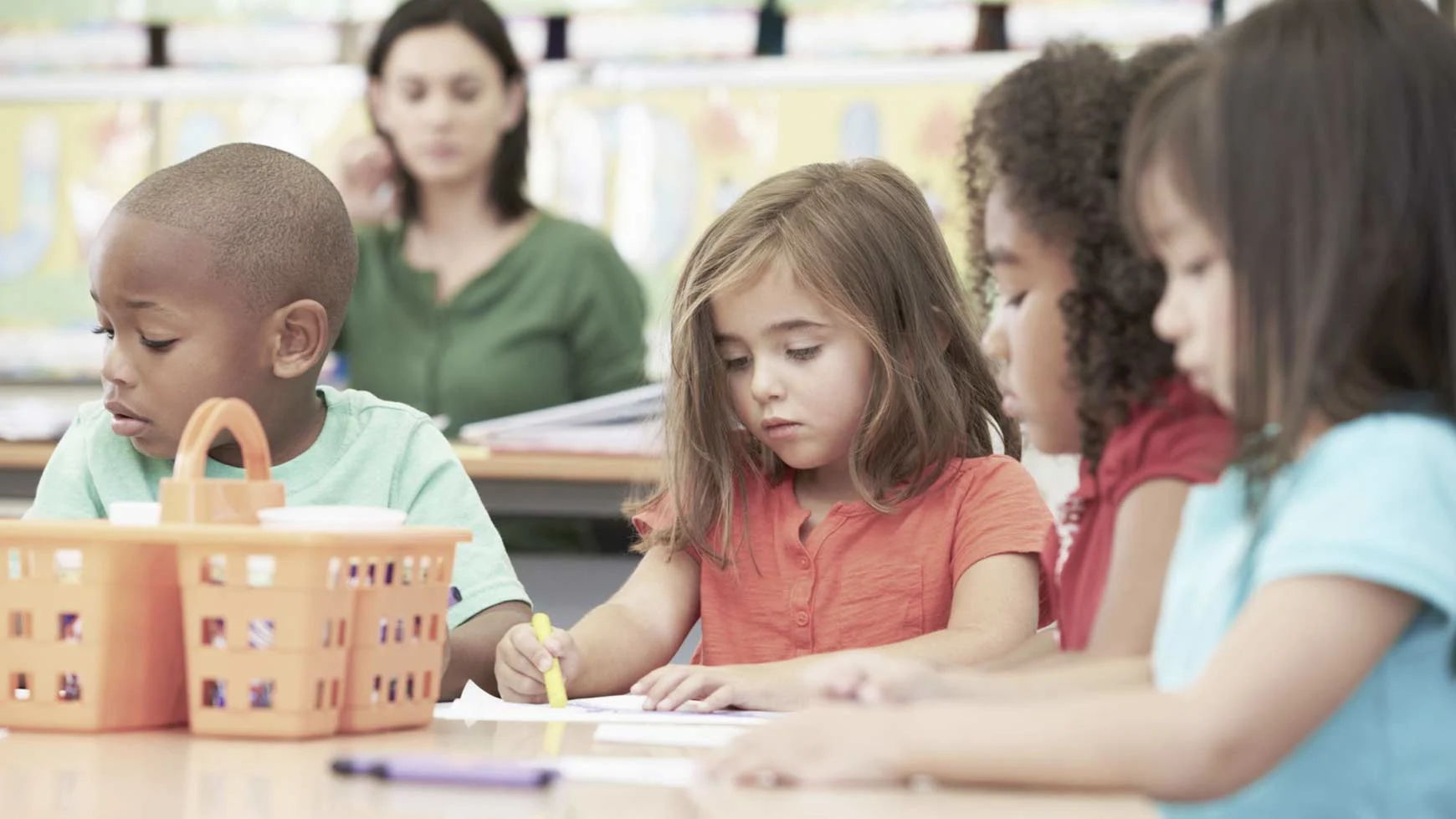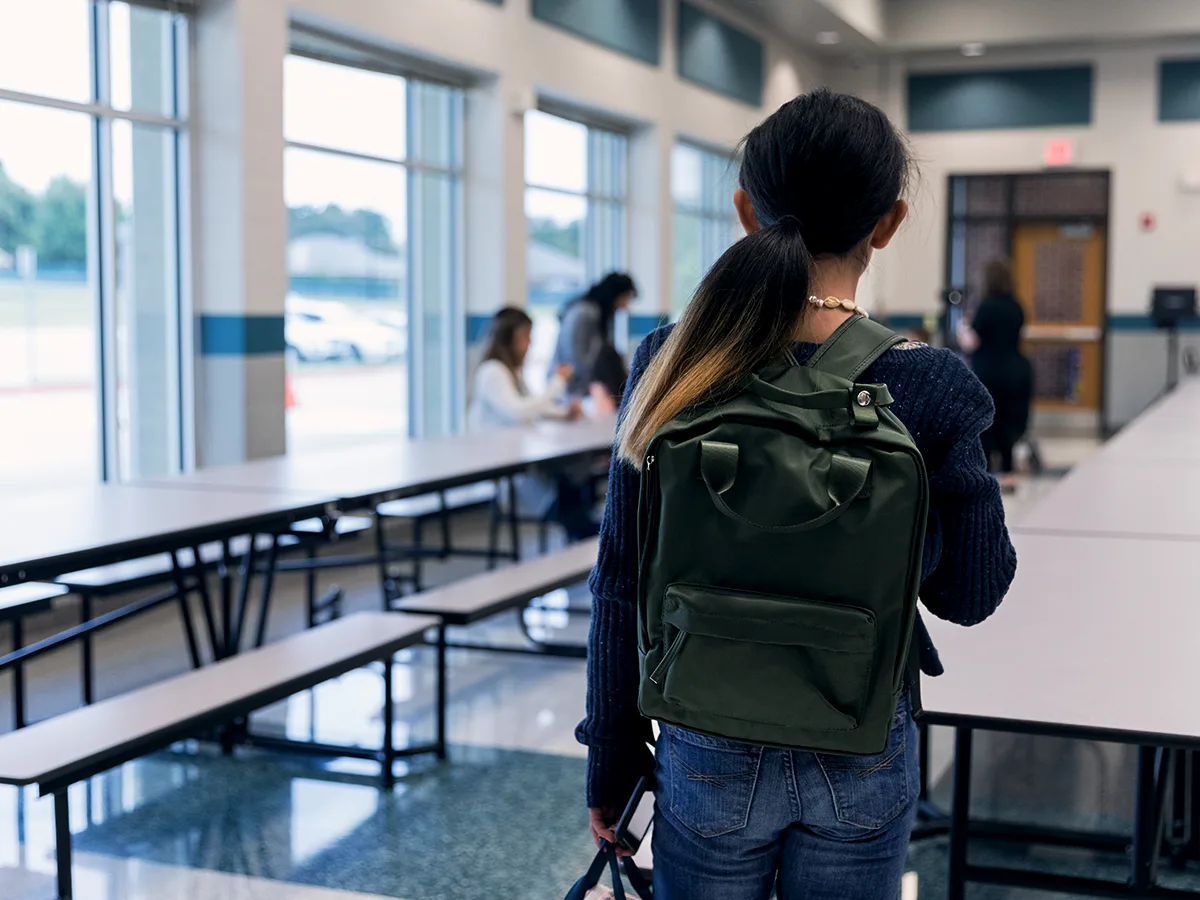How to help your grade-schooler handle school cliques

At a glance
As kids grow more independent from their parents, cliques become more important.
Cliques tend to become a big factor in kids’ lives around fourth grade.
In grade school, kids who form social groups often have a common interest, hobby, or skill.
Cliques tend to become a big factor in kids’ lives around fourth grade. But cliques can form even earlier. And as kids approach middle school and become more independent, cliques grow in importance.
In grade school, cliques tend to be made up of friends who have something in common. That might be a hobby, an interest, or a skill.
Kids this age may not be welcoming to or patient with a child who seems different or who can’t keep up. But you can help your grade-schooler with learning and thinking differences learn how to cope with cliques. Below are tips on what you can do in some common situations.
Support your child’s strengths.
The scenario: Your child rarely gets invited to his first-grade classmates’ birthday parties. Your grade-schooler says, “They think I’m dumb.”
What you can do: Help your child evaluate the situation: Why does your child really think they’re being left out? If it’s their behavior, they can work to improve it once they realize it’s a problem. Offer to help by role-playing social situations with your child.
But if learning differences do seem to be the reason, help your child consider their strengths. How might your grade-schooler make friends based on what they’re good at? Create playdates around their interests and talents.
Encourage empathy.
The scenario: At a friend’s sleepover, your child didn’t follow the rules when they played games. And your grade-schooler kept talking when people wanted to sleep. On Monday, the other sleepover guests barely say hello to your child at school.
What you can do: Help your child understand why everyone seems upset. Walk your grade-schooler through the party’s events. When your child reaches a red flag, ask: “What could you have done differently?” Then brainstorm alternatives to prepare them for next time. And reassure your child that there will be a next sleepover.
Change the playing field.
The scenario: The kids in your neighborhood ride scooters to and from school together. But your child has motor skills issues, and you drive your child to school. Your grade-schooler thinks that’s why nobody asks them to play on weekends.
What you can do: Help your child understand that there are things besides scooting that they can do with these kids. Encourage your child to invite some over and see what they have in common. Do they like video games? Or dinosaurs? Or Doctor Who? Sharing an interest can help create a bond.
Help your child learn to self-advocate.
The scenario: Your child has issues with writing. Your grade-schooler is allowed to take tests on a computer. Your child’s three best friends complain that that’s unfair.
What you can do: Ask your child what they can say to their friends about why they use a computer. This self-advocacy can make your grade-schooler feel better and educate their friends. Brainstorm casual explanations, like: “Hey, the only way I can get through these tests is on a computer. You should see my handwriting!”
Key takeaways
You can help your child figure out ways to connect with people more effectively.
Learning to self-advocate can help your child feel more in control and educate other kids.
Finding ways to showcase your grade-schooler’s strengths may help your child find like-minded friends.






